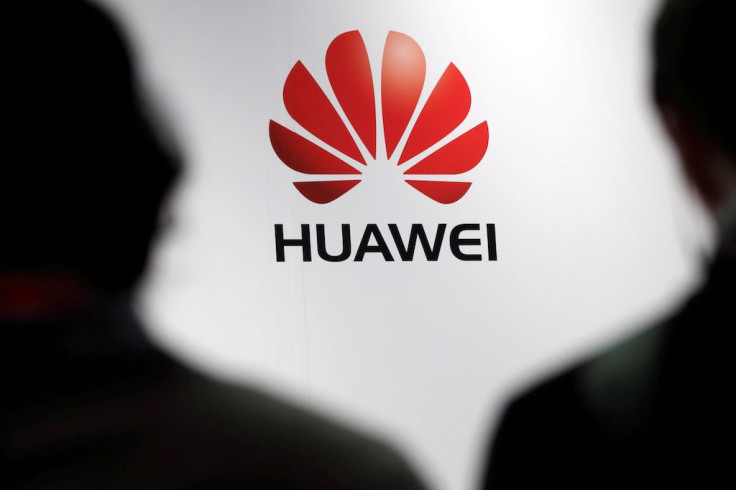GOP Lawmaker Proposes Blocking Huawei, ZTE Deals With US Government

Chinese smartphone maker Huawei and ZTE were targets of a proposed U.S. bill that would prohibit any U.S. agency of working with them.
The bill comes after Huawei lost a deal with AT&T and Verizon this week. Huawei was looking to strike a deal with the telecommunications companies to sell their mobile devices in the United States as early as next year. Chinese smartphone maker Xiaomi was reportedly also trying to team up with AT&T and Verizon to sell its devices in the United States.
The proposed bill, H. R. 4747 "Defending U.S. Government Communications Act," goes after ZTE and Huawei. The bill seeks to: ”prohibit the Government from using or contracting with an entity that uses certain telecommunications services or equipment, and for other purposes.”
The bill was introduced by Rep. Michael Conaway (R-TX) on Jan 9., around the same time it was reported that AT&T and Verizon backed out of the deal with Huawei.
The proposed bill cited security concerns, compiling evidence against the China from different agencies, including the FBI and NSA.
“Chinese commercial technology is a vehicle for the Chinese government to spy on United States federal agencies, posing a severe national security threat,” said Conaway in a statement on Friday. “Allowing Huawei, ZTE, and other related entities access to U.S. government communications would be inviting Chinese surveillance into all aspects of our lives.”
Conaway added that the Chinese government is “reattempting” to place themselves into American technology.
“This is extremely dangerous because the Chinese government is trying to compromise the integrity of U.S.businesses and spy on our closely held national security secrets,” said the lawmaker.
While Huawei doesn’t have a large presence in the U.S., the company has been popular among consumers overseas. The Chinese company surpassed Apple in global smartphone sales for the first time in June and July 2017, according to the research firm Counterpoint. Huawei had a 19.4 percent market share in China in Q3 2017, while Xiaomi had a 13.7 percent market share and Apple 7.7 percent, according to an IDC report.
Scoring a deal with AT&T would have helped the Chinese company boost its presence in the United States. Huawei smartphones are currently only sold through some retailers like Best Buy and Walmart. Huawei also sells an unlocked version of its Mate 9 smartphone on Amazon for $400.
© Copyright IBTimes 2025. All rights reserved.




















